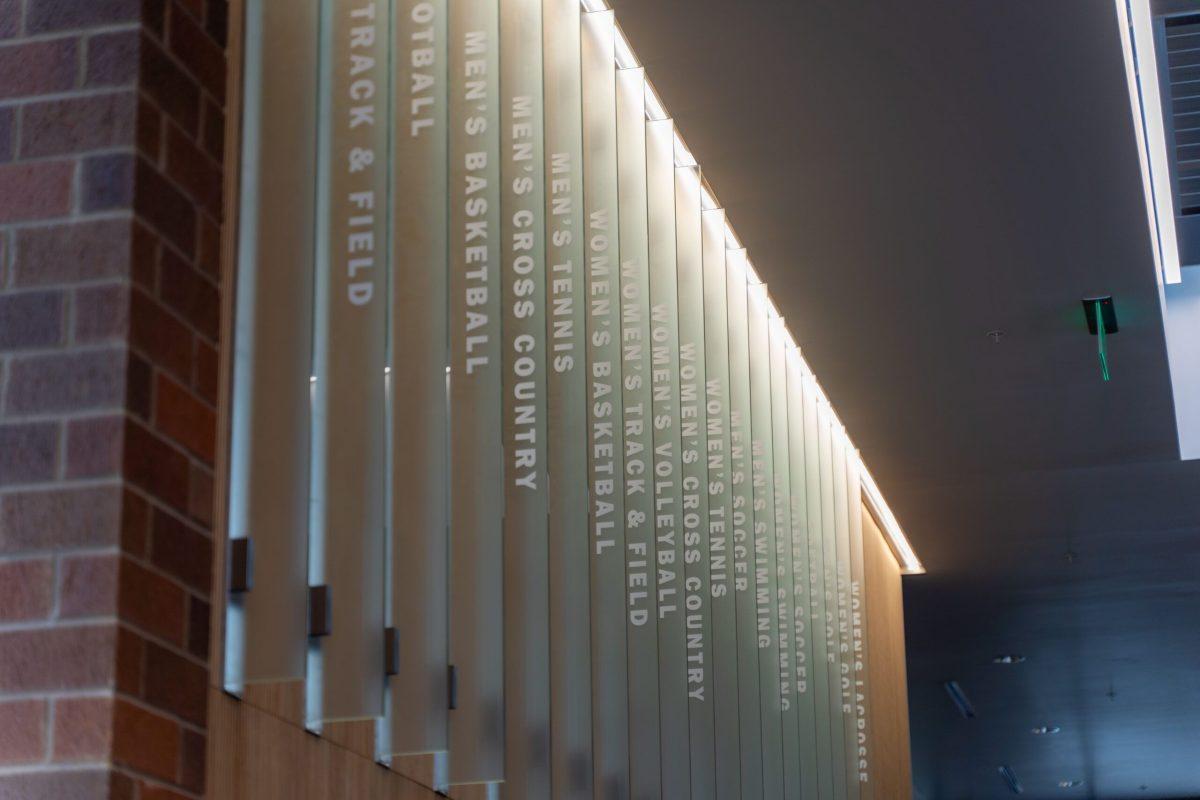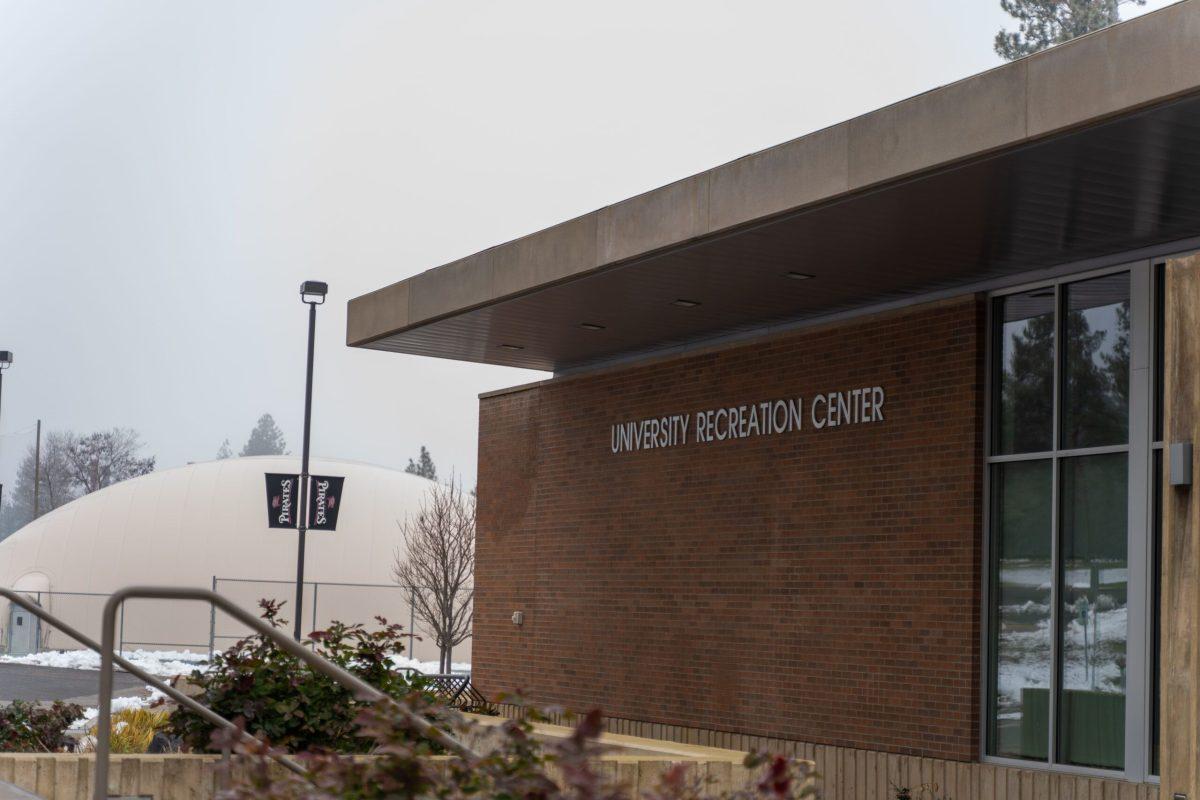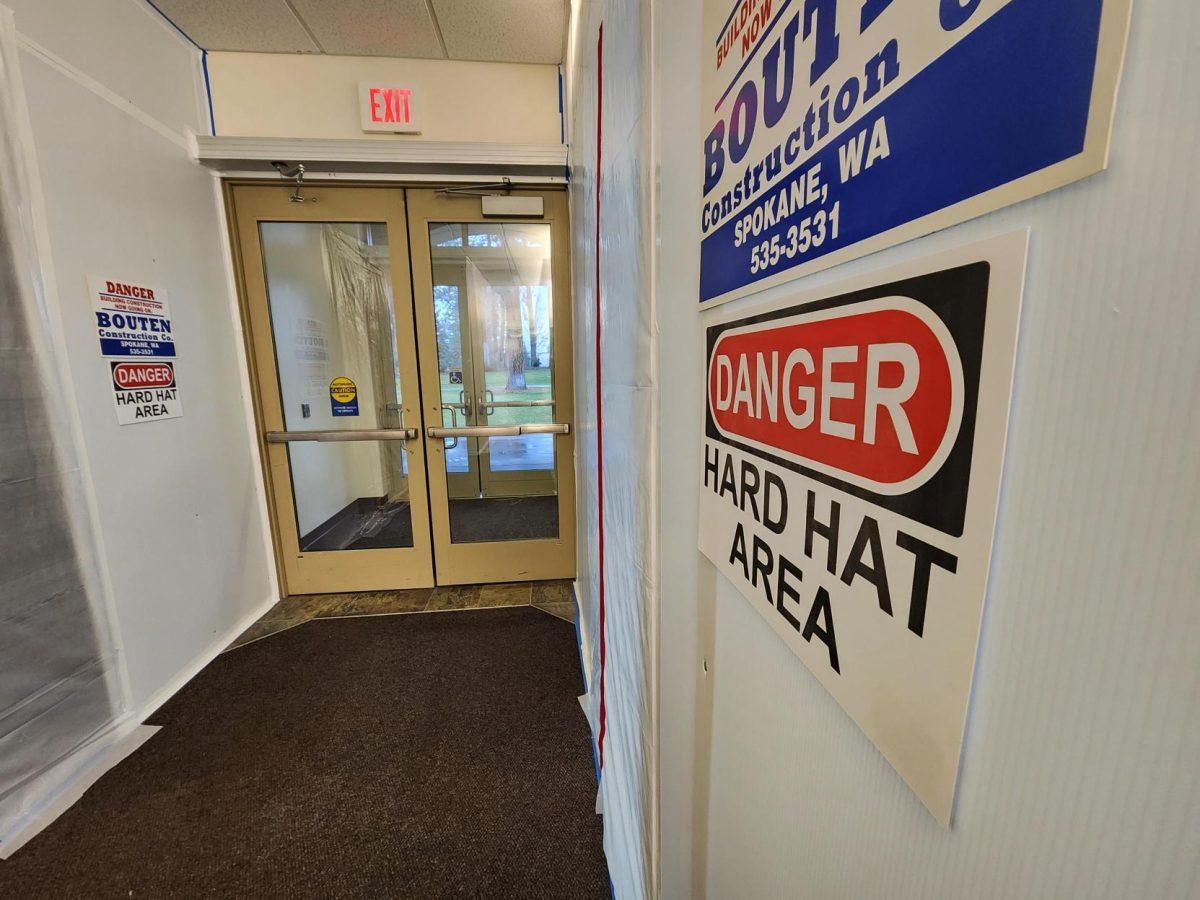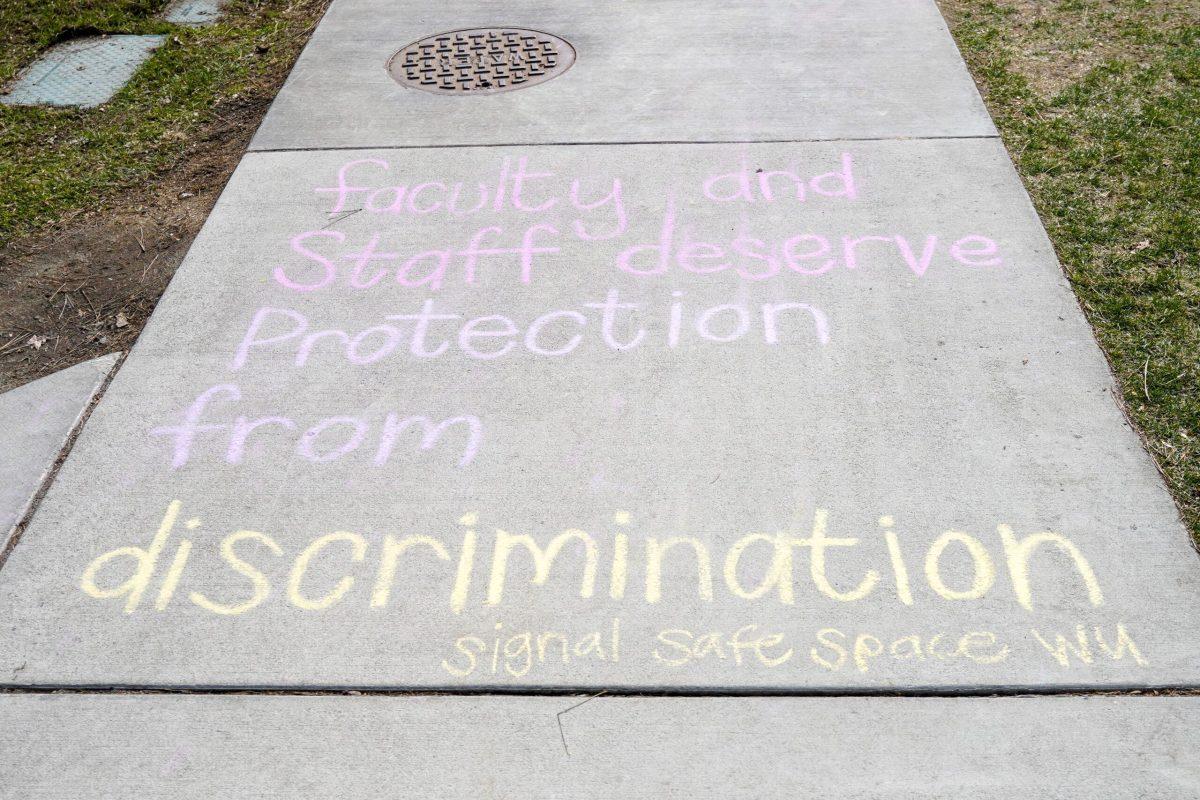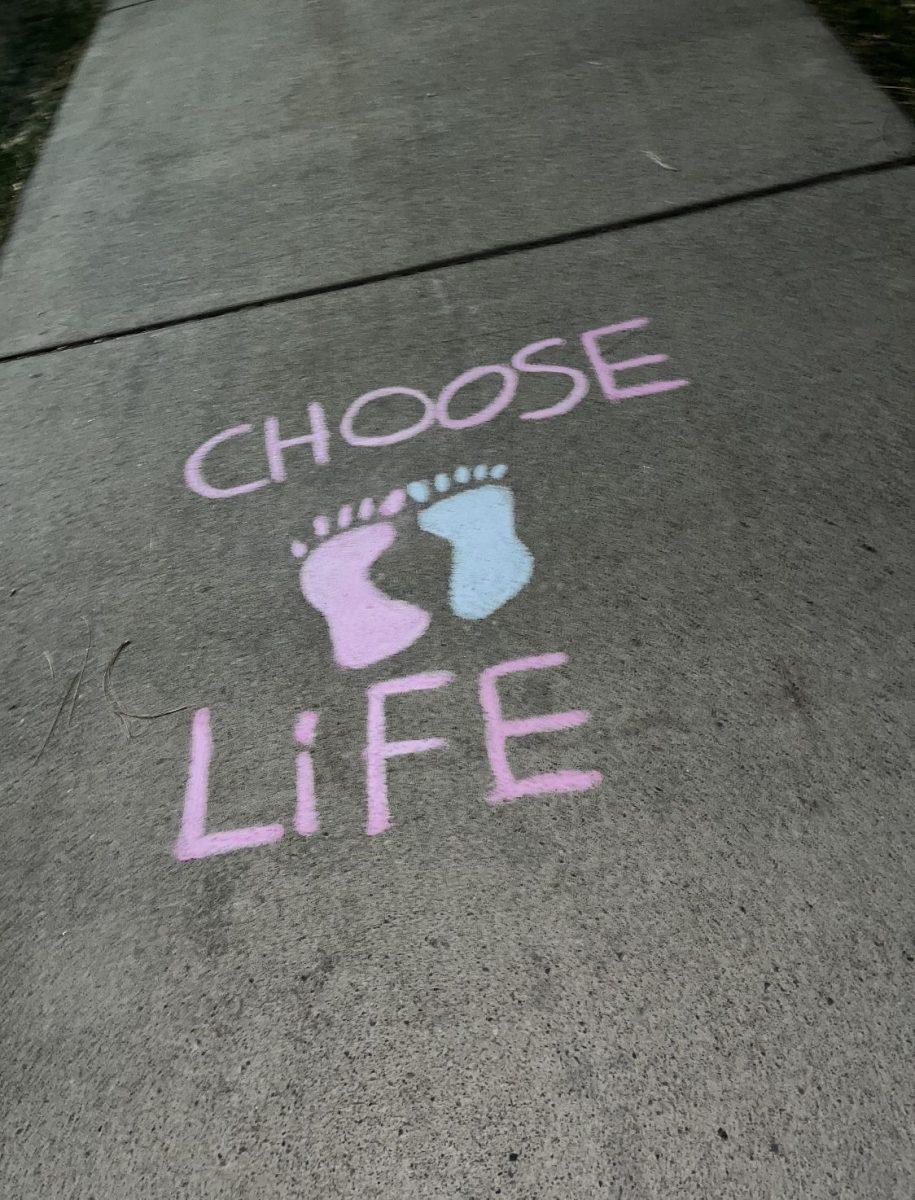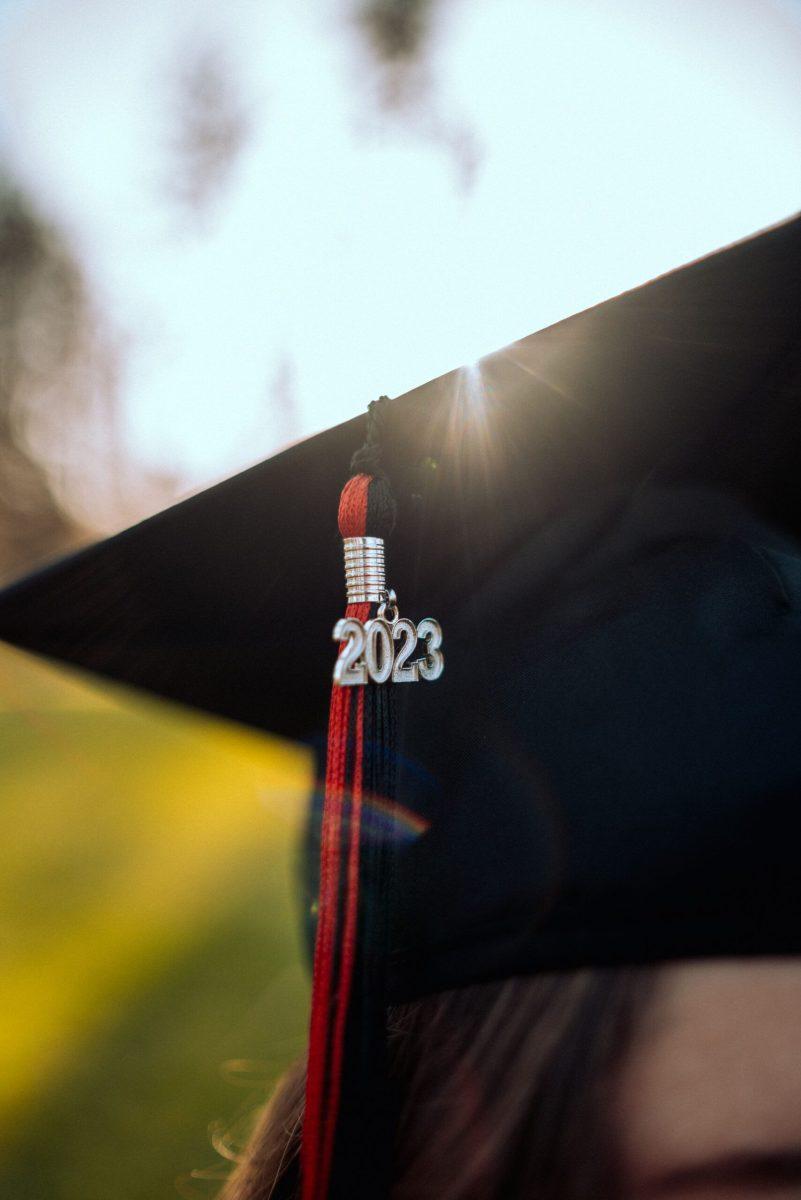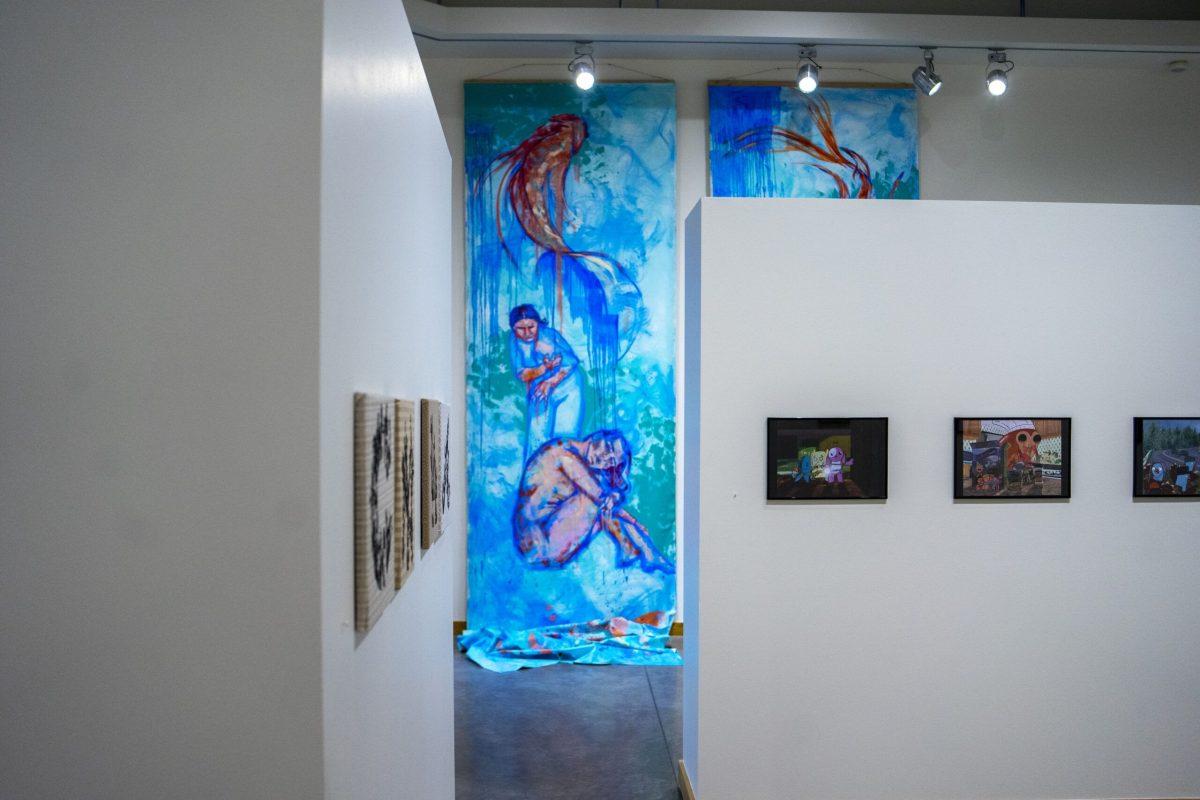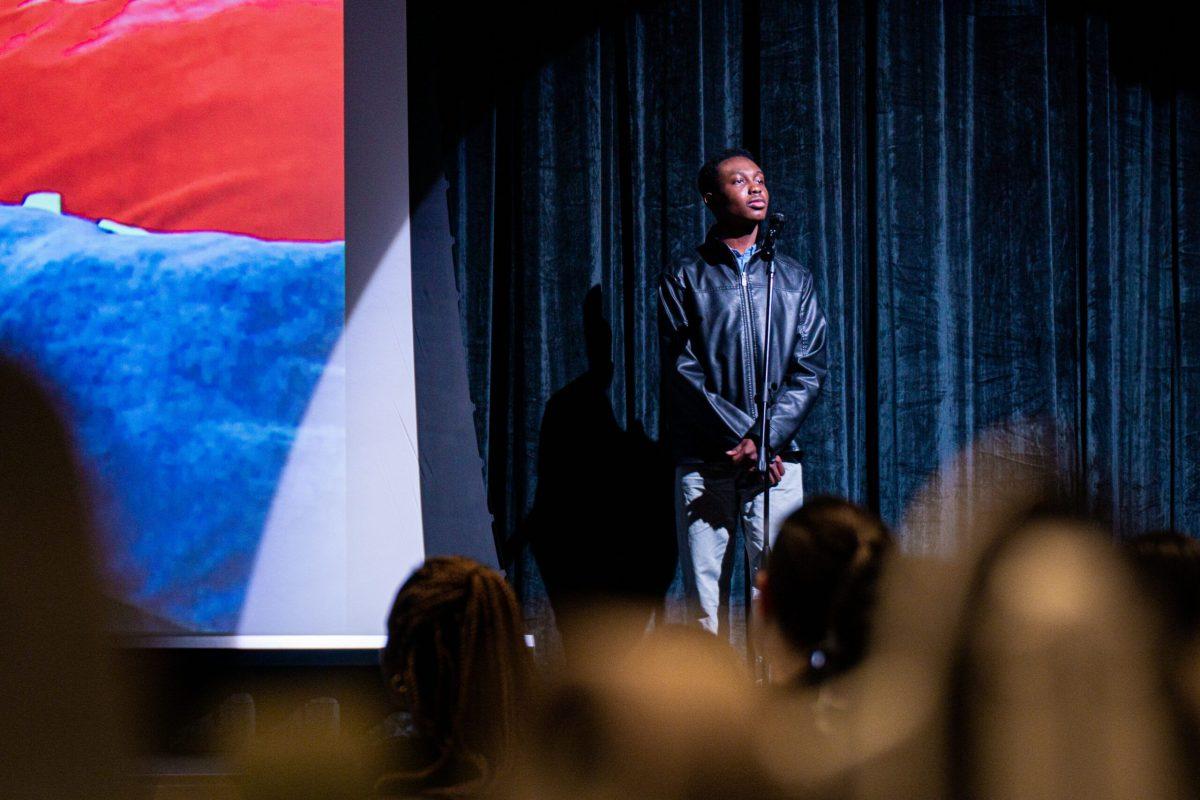What kind of support is provided to Muslim students during the month of Ramadan?
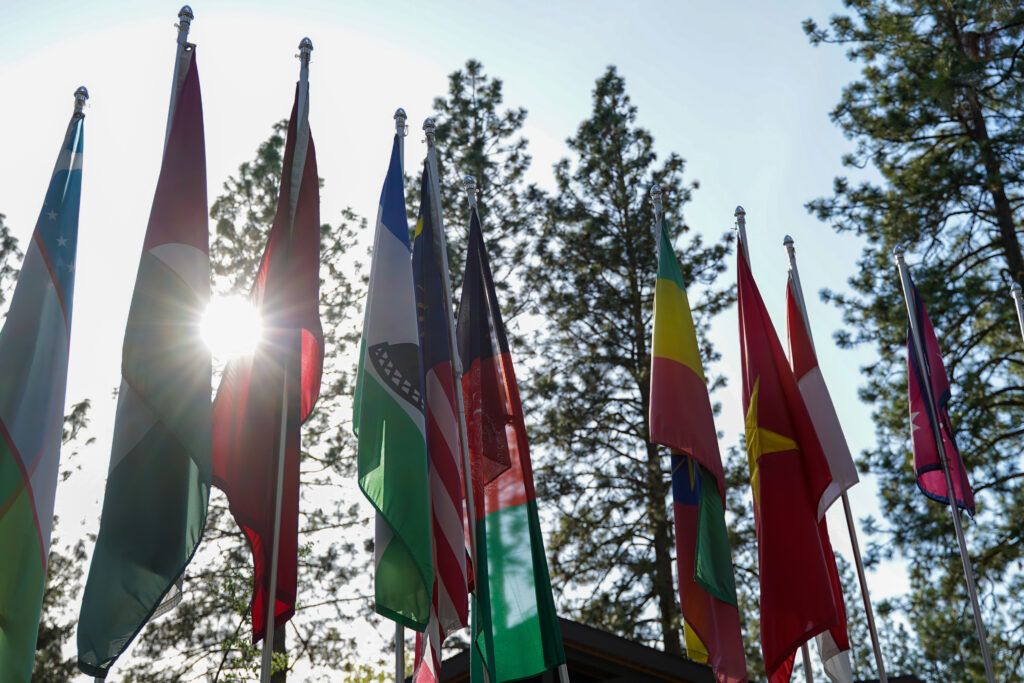
This calendar year, Muslims around the world celebrated the month of Ramadan from March 22 to April 20. For people like second-year student Nabi Ahmad Khan, who grew up in a Muslim majority community, Ramadan is a time of cultural and religious experience and a time to grow closer to God. To Ahmad Khan, Ramadan is about giving, community and charity.
For Shakeel Khan, a second-year Muslim student from Washington, Ramadan has a lot to do with family.
No matter the reasons for celebrating, Ramadan is a time of fasting—from sun-up to sun-down, people who celebrate Ramadan do not consume food or water. This lasts for an entire month. For students at Whitworth, that means extra support is needed from the dining hall during this time.
Ayaka Dohi, Whitworth’s director of student diversity, equity and inclusion (SDEI), views her job as “an opportunity [to] be alongside students.” This task includes supporting the roughly 10 to 20 on-campus Whitworth students who are Muslim, according to Dohi’s estimates.
Lulú González, the Assistant Director of Student Diversity Equity and Inclusion, said, “while not all of our Muslim students are international students, many of them are, so [Dohi’s] role in our office has been a helpful bridge to connect the needs and concerns of our Muslim student population with the resources available with the greater campus.”
González said one of the main concerns in the more “recent conversations [has] been around access to meals in the dining hall.”
Part of the Muslim religion is only consuming food which is considered halal. This is a process which involves a special kind of preparation and dedication. A halal diet can include meat like beef or chicken, if it’s prepared according to the halal standards, but prohibits the consumption of pork regardless of the method of preparation.
Whitworth University’s meal plan page has no mention at all of halal food being available regularly, and only seems to provide accommodations to current dining options due to allergies. The page has no listed options available for religious observances, like halal or kosher foods.
Dohi points out that food not being available at all before sunrise and after sunset is an issue as well, since “the time to access [the food] that they can eat at dinner as a community” isn’t available for students with current dining hall hours. “Especially if you’re a student with a meal plan, and the very thing that you’re supposed to have access to you don’t…that was a major inequity,” said Dohi.
Last year, Ahmad Khan started a program at Whitworth to provide Muslim students with the support they need during this time. After speaking to another Muslim student on campus, senior Humza Khan, and working with Alan Jacobs, associate director of housing, they had a plan.
Last year, Muslim students could get the green takeout boxes from Sodexo at no extra cost during Ramadan— which is unique because normally students must pay for them. Along with being able to pick up dinner and save it for later at no extra cost, they were also given breakfast food for the next day.
Ahmad Khan said that this program works well, but there is still room for improvement within the available selections at the dining hall. “We depend on the food being served for dinner, so that we can pack that and eat it when the time comes, which is usually two hours later.” This system works, but Ahmad Khan noted that at dinner, the protein options are limited. “It’s not halal food. And that’s kind of a standard… That’s understandably expensive. But it’s something that limits certain students.”
Ahmad Khan feels that since meat is a main source of protein, it needs to be available to all students regardless of religious practices “If we were to have grains and stuff, that wouldn’t encompass the entire diet that we need. Sometimes I would go to the dining hall, especially during Ramadan, to get food last year, and there would not be any meat other than pork.”
Ahmad Khan said, “Ideally, it’s not permissible for us to consume [non halal food], but Islam is a religion of survivability. You don’t die by Islam.” This means that following these rules isn’t life or death, but it still holds value to many people. Institutions should respect that—especially during times of religious observation.
There have been times when not having halal meat has meant not getting to eat a source of protein on that day. Ahmad Khan said, “We could go days without having [protein] because we could eat the whole day. But during Ramadan when you’re [only eating two times a day] you depend on [the meals] being nutritious balanced meals.” This applied to the breakfast bags they were provided with last year as well, which often didn’t have the volume of food required to get through a whole day—especially without getting to eat or drink anything after that.
Fortunately, according to Khan, “this year it’s been a lot better” because they spoke to Sodexo beforehand about needs. But that first meal of the day could still be improved, said Ahmad Khan.
“While we appreciate the initiative that they [Sodexo] took, [the meals] were not nutritious” and the amount of food left something to be desired. Ahmad Khan also said, “Our restrictions, while they are equally important, they’re not medically concerning in any way. So, we just kind of imagine how it would be for people who have a lot of dietary restrictions when it comes to what they can consume.”
Ahmad Khan said, “I think really the whole bottleneck for student support is the dining hall contract. It comes down to Whitworth’s resources.”
For both Dohi and Ahmad Khan, awareness has been a big part of the improvement from last years meals to this years. Especially after all the work they did last year, they found that Whitworth was able and willing to respond to this problem quickly last year, a response that has continued into this year, even though there is still room to improve.
An important factor in meeting the needs of Muslim students is that such requests cannot go through formal channels for accommodations like the Educational Support Services (ESS) office. ESS is designed for students with disabilities to access support and receive accommodations.
Dohi explained that “religious accommodations don’t fall under ESS, so it’s more a diversity, equity and inclusion cultural framework… I hope that I serve more as a bridge for students for the other resources that are available on campus.”
Dohi said that it is up to students to tell the university, “You [the university] said that you’re committed to us,” and to find the ways in which the university can do that better. She said “Our [DEI] office tries to be as responsive as possible to that through advocating or connecting them with colleagues at the university who have the power around meal plans, when you can access food, etc.”
Dohi said she is “grateful that [Sodexo has] been willing to join us at the table to explore options so that our student’s wellbeing is taken care of… While we’re a Christian university, we have made a commitment to all students who come from all faith traditions, or no faith traditions… So how do we serve our diverse student body? I hope that’s a conversation we’re having, and that our students know that just because it’s a Christian campus, we have an ethical obligation to serve all students.”

